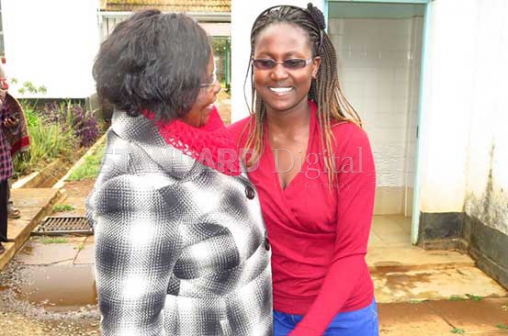×
The Standard e-Paper
Fearless, Trusted News

Public universities have suffered a major blow after fewer candidates qualified to enroll for various courses thanks to strict rules by the Education ministry.
The announcement that only 88,929 candidates of those who sat this year's Kenya Certificate of Secondary Education (KCSE) exam attained the university entry grade of C+ and above has dealt a natural death to the parallel programmes.